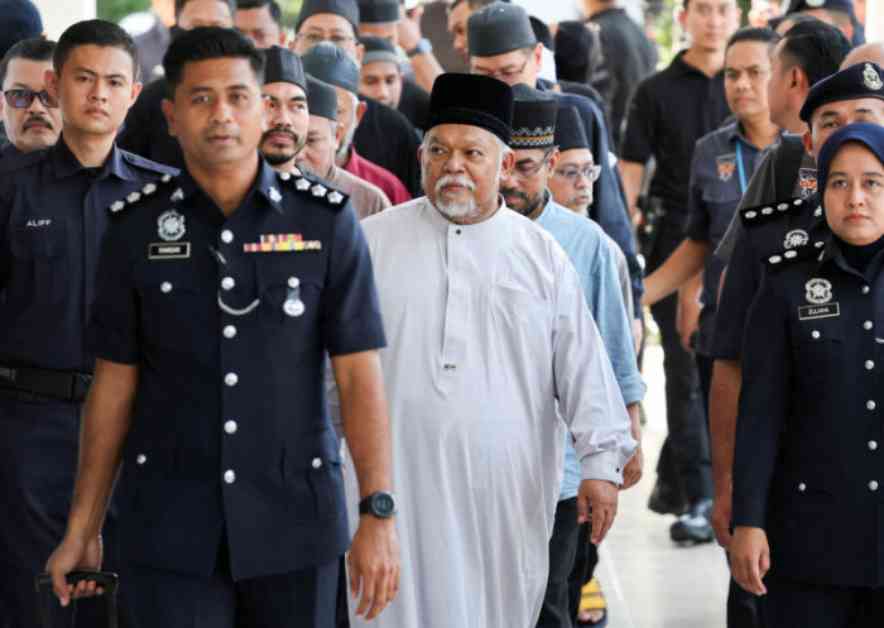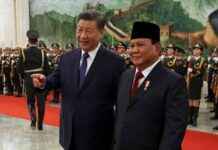On Wednesday, Nasiruddin Mohd Ali, the CEO of Global Ikhwan Services and Business Holdings (GISB), along with 21 others, faced charges related to organized crime in Malaysia. This came after authorities initiated a thorough investigation into GISB last month, uncovering potential crimes such as money laundering, human trafficking, and sexual offenses against children. The investigation began after the police rescued numerous children from alleged abuse at care facilities operated by GISB.
Despite the allegations, GISB has denied any widespread abuse or misconduct, although Nasiruddin admitted to isolated incidents of sodomy at their shelters. The charges filed against Nasiruddin and the other members of GISB on Wednesday carry severe penalties ranging from five to 20 years of imprisonment if they are found guilty.
During a court hearing where the charges were presented, GISB’s lawyer, Rosli Kamaruddin, mentioned plans to challenge the charges and make representations against them. Among those charged was Mohammad Adib At-Tarmimi, the son of the late Ashaari Mohamed, a Malaysian preacher who founded the Al-Arqam religious sect. The Al-Arqam sect was banned by the government in 1994 for allegedly propagating deviant Islamic teachings in Malaysia.
Although GISB has admitted its historical ties to Al-Arqam, it now positions itself as an Islamic conglomerate following Muslim principles. However, recent investigations revealed that many followers of GISB still follow Al-Arqam’s teachings, prompting religious authorities in various Malaysian states to issue fatwas denouncing the group as deviant.
The charges brought against Nasiruddin and the other individuals associated with GISB highlight the gravity of the situation and the ongoing legal battle that lies ahead for the accused. The complexities surrounding the case, from alleged criminal activities to religious affiliations, add layers of intricacy to the legal proceedings and public perception of GISB.
As the legal process unfolds, the Malaysian public awaits further updates on the case, hoping for transparency, accountability, and justice to prevail. The implications of this case extend beyond the individuals involved, raising questions about religious freedoms, corporate responsibilities, and the protection of vulnerable members of society. The intersection of law, faith, and commerce in this case underscores the need for a comprehensive approach to address the multifaceted challenges posed by such situations in the future.




















